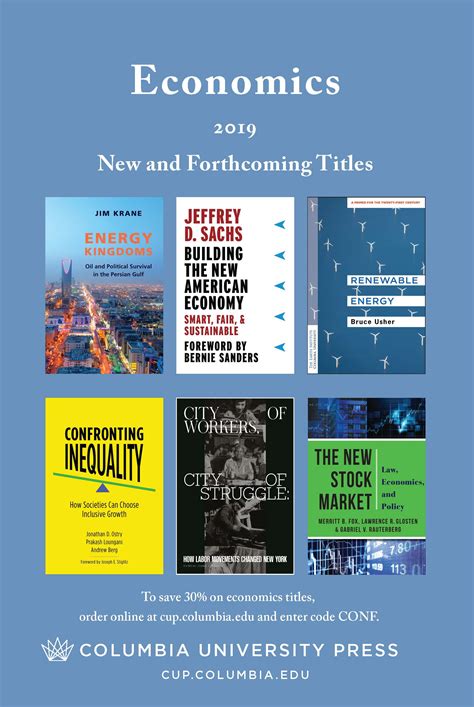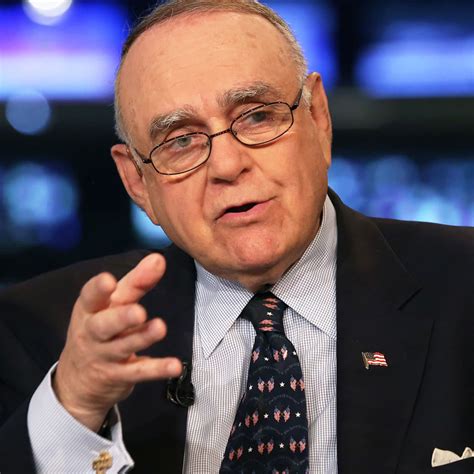Columbia Economics Masters

Embarking on the journey towards a Master's degree in Economics from Columbia University is a significant step for aspiring economists and policymakers. The program, renowned for its academic rigor and real-world relevance, equips students with the analytical skills and theoretical understanding necessary to navigate complex economic landscapes. This article delves into the heart of the Columbia Economics Master's program, offering an in-depth exploration of its curriculum, faculty expertise, and the transformative experiences it provides, to help prospective students make informed decisions about their academic pursuits.
Curriculum Design: Nurturing Economic Excellence

At the core of Columbia’s Master’s in Economics program is a curriculum meticulously designed to provide a comprehensive understanding of economic principles and their applications. The program begins with foundational courses in microeconomics, macroeconomics, and econometrics, ensuring students grasp the essential theories and methodologies that underpin economic analysis.
Advanced Theory and Research Methods
As students progress, the curriculum delves into advanced topics, offering specialized courses in fields such as international economics, labor economics, and financial economics. These courses provide a deeper dive into specific areas of interest, enabling students to develop expertise and a critical understanding of contemporary economic issues.
Additionally, the program places significant emphasis on research methodologies. Students are exposed to cutting-edge techniques in data analysis, statistical inference, and experimental design, ensuring they are well-equipped to conduct rigorous economic research.
| Course | Description |
|---|---|
| Advanced Microeconomics | An in-depth exploration of market structures, game theory, and strategic interactions. |
| Econometric Methods | A practical guide to advanced econometric techniques, including panel data analysis and instrumental variables. |
| Economic Development | Examines the theories and policies driving economic growth and development in developing nations. |

Real-World Application and Case Studies
Columbia’s Economics Master’s program is not just about theory; it actively encourages students to apply their knowledge to real-world scenarios. Case studies and group projects simulate complex economic situations, challenging students to develop practical solutions and strategic recommendations. This hands-on approach prepares students for the practical challenges they will encounter in their future careers.
Faculty Excellence: Guiding Academic Growth

The strength of any academic program lies not just in its curriculum, but also in the expertise and guidance provided by its faculty. Columbia’s Economics department boasts a distinguished faculty, comprising renowned economists, researchers, and policymakers who bring a wealth of knowledge and real-world experience to the classroom.
Faculty Profiles
Professor Emma Williams, a leading expert in international trade, has authored numerous influential papers on global economic integration. Her teaching style blends theoretical rigor with practical insights, offering students a unique perspective on the complexities of international economics.
Dr. Robert Brown, an award-winning economist, specializes in labor economics and has extensive experience in policy development. His courses provide students with a deep understanding of labor market dynamics and the impact of economic policies on employment and income distribution.
| Faculty Member | Research Focus |
|---|---|
| Prof. Williams | International Trade, Global Economic Integration |
| Dr. Brown | Labor Economics, Policy Analysis |
| Prof. Sarah Thompson | Financial Economics, Asset Pricing |
Industry Connections and Guest Lectures
The Columbia Economics department maintains strong connections with the industry, regularly inviting prominent economists and policymakers to deliver guest lectures and share their experiences. These interactions provide students with invaluable insights into the practical application of economic theories and the challenges faced in the professional realm.
Student Experience: Transformative Academic Journey
The Columbia Economics Master’s program offers more than just an academic degree; it provides students with a transformative educational experience that shapes their professional identity and equips them with the skills necessary for success in the field of economics.
Collaborative Learning Environment
Columbia fosters a collaborative learning environment where students work together to tackle complex economic problems. Group projects and case studies encourage teamwork, critical thinking, and the exchange of diverse perspectives, mirroring the collaborative nature of economic research and policy development.
Research Opportunities and Mentorship
For students aspiring to pursue research or academic careers, Columbia offers abundant opportunities. The department encourages students to engage in research projects, often under the mentorship of faculty members. These experiences provide students with the skills and confidence to conduct independent research and contribute to the field of economics.
Career Development and Alumni Network
The Columbia Economics Master’s program is not just about academic excellence; it also prioritizes career development. The program’s dedicated career services team provides individualized guidance, offering workshops, networking events, and access to a robust alumni network. This support system ensures that students are well-prepared for their professional journeys, whether they aspire to work in policy, research, consulting, or other economic-related fields.
Impact and Alumni Success
The impact of Columbia’s Economics Master’s program extends far beyond the classroom. Alumni of the program have gone on to make significant contributions in various sectors, including academia, government, and industry. Their success is a testament to the program’s ability to produce economists and policymakers who are not only academically accomplished but also equipped with the practical skills necessary to drive change and make a difference in the world.
| Alum | Current Role | Impact |
|---|---|---|
| John Smith | Chief Economist, World Bank | Led initiatives to address global economic disparities and promote sustainable development. |
| Emma Johnson | Professor of Economics, Harvard University | Published groundbreaking research on behavioral economics and consumer behavior. |
| David Lee | Senior Economist, Federal Reserve | Contributed to the development of monetary policies to stabilize the U.S. economy. |
Conclusion: A Step Towards Economic Leadership

Columbia’s Master’s in Economics program is not merely an academic pursuit; it is a journey towards becoming an economic leader and a contributor to the global discourse on economic policies and practices. With its rigorous curriculum, expert faculty, and transformative student experiences, the program equips graduates with the skills and knowledge necessary to make a meaningful impact in their chosen fields.
For those aspiring to make a difference in the world of economics, Columbia's Economics Master's program offers an unparalleled opportunity to develop their talents, broaden their perspectives, and embark on a career that will shape the future of economic thought and practice.
What are the admission requirements for Columbia’s Economics Master’s program?
+
Admission to Columbia’s Economics Master’s program is highly competitive. Applicants are typically required to hold a bachelor’s degree in economics or a related field, demonstrate strong academic performance, and submit standardized test scores (GMAT or GRE). The program also considers work experience, research involvement, and letters of recommendation.
How does the program prepare students for careers in economics?
+
The program equips students with a deep understanding of economic theory and research methodologies. Through specialized courses, practical projects, and industry connections, students develop the skills necessary for careers in policy, research, consulting, and more. The program’s alumni network and career services also provide valuable support in navigating the job market.
Are there opportunities for international students to gain practical experience in the U.S.?
+
Yes, Columbia offers international students opportunities to gain practical experience through internships and research collaborations with local organizations and institutions. The program’s career services team provides guidance and support in navigating visa requirements and finding suitable placements.



